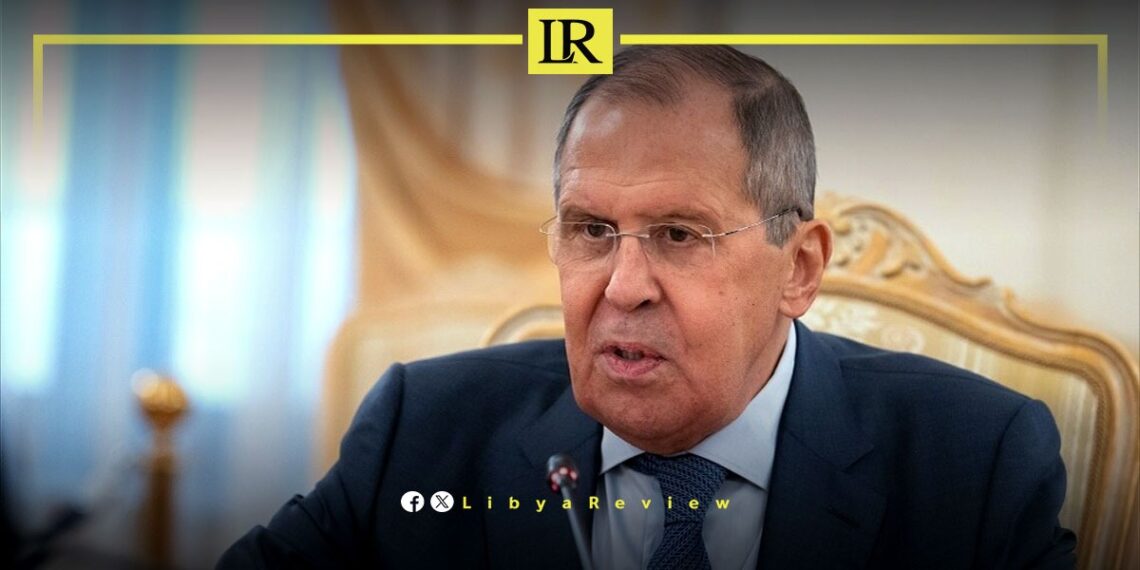Russian Foreign Minister Sergey Lavrov has emphasized that Libya is in urgent need of a long-awaited political settlement to restore stability and end years of division.
Speaking at a press conference, Lavrov said that Moscow continues to coordinate closely with Egypt on developments in Libya, describing Cairo as “a key partner for Russia in North Africa,” according to the Russian news agency RIA Novosti.
Lavrov reaffirmed Russia’s position that a comprehensive political solution—rather than military escalation—is the only path to lasting peace in Libya. He stressed that Libya’s institutions must be unified and its sovereignty respected, adding that the international community should help Libyans reach consensus through dialogue rather than external pressure.
The Russian minister’s remarks come amid renewed diplomatic efforts to revive negotiations between Libya’s rival authorities in Tripoli and Benghazi, with both sides facing growing calls from regional powers to hold elections and end the prolonged political stalemate.
Libya has been in chaos since a NATO-backed uprising toppled longtime leader Muammar Gaddafi in 2011. The county has for years been split between rival administrations.
Libya’s economy, heavily reliant on oil, has suffered due to the ongoing conflict. The instability has led to fluctuations in oil production and prices, impacting the global oil market and Libya’s economy.
The conflict has led to a significant humanitarian crisis in Libya, with thousands of people killed, and many more displaced. Migrants and refugees using Libya as a transit point to Europe have also faced dire conditions.
The planned elections for December 2021 were delayed due to disagreements over election laws and the eligibility of certain candidates. This delay has raised concerns about the feasibility of a peaceful political transition.
Despite the ceasefire, security remains a significant concern with sporadic fighting and the presence of mercenaries and foreign fighters. The unification of the military and the removal of foreign forces are crucial challenges.


